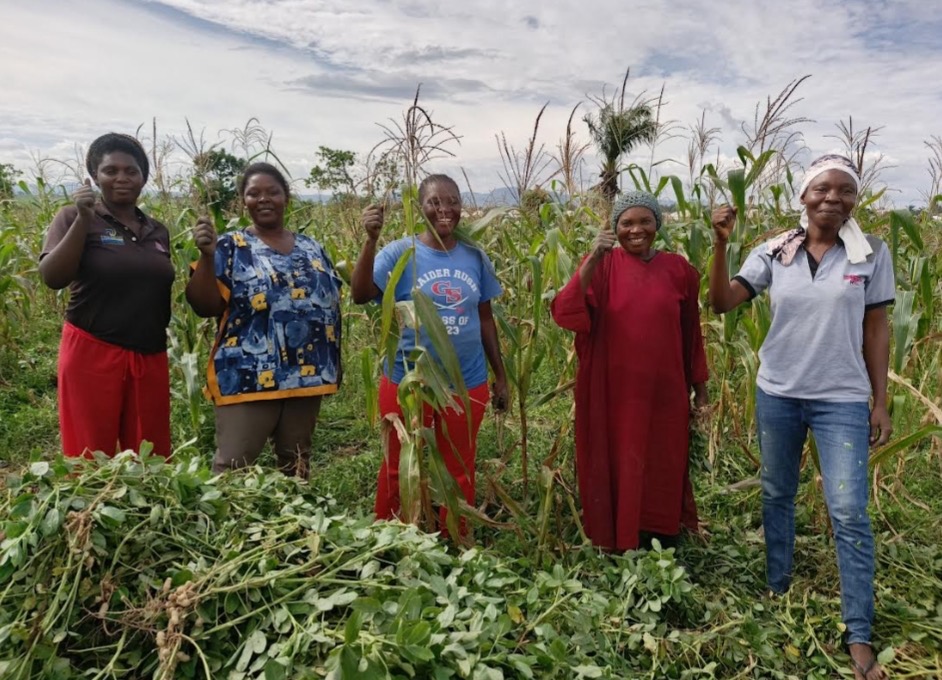
Women smallholder farmers in Nigeria are facing a mounting crisis as depleted soils and crippling financial barriers continue to threaten their livelihoods, according to a new report by the Alliance for a Green Revolution in Africa (AGRA).
Despite their crucial role in the country’s food production, women farmers remain largely excluded from formal financial services. Many lack collateral to secure bank loans, face steep transaction costs, or are hindered by gender bias within lending institutions. As a result, most turn to informal savings groups, cooperatives, or community lending schemes.
AGRA’s findings highlight a stubborn gender gap in financial access. While overall inclusion rates have improved, women remain 8–9 percentage points behind men. Only 5 percent of women farmers have access to formal credit, while 8 percent depend on informal borrowing. A mere 2 percent hold insurance coverage. The borrowing gap in favor of men has persisted since 2016, particularly in rural areas.
For many, high-interest loans remain a major deterrent. “Bank loans are a trap unless they are interest-free,” said Comfort, a farmer and the Federal Capital Territory coordinator of the Small Holder Women Farmers Organisation of Nigeria (SWOFON), which represents more than two million women nationwide. Even when loans are available, she added, stringent conditions push women away.
Beyond finance, women farmers are also struggling with limited access to critical agricultural inputs, such as fertilizers, pest control, and preservation equipment. These shortages reduce yields and compromise their ability to reinvest in future planting seasons.
“We urgently need government support with farming implements,” said Janet Innocent, another smallholder farmer. Advocates from SWOFON continue to press for reforms in land ownership rights and financial inclusion policies that would better support women in agriculture.
As Nigeria faces growing food security concerns, the plight of women farmers underscores the urgent need for policies that address both exhausted farmlands and financial exclusion. Without targeted interventions, experts warn, women’s vital contributions to the nation’s food supply will remain stifled.
